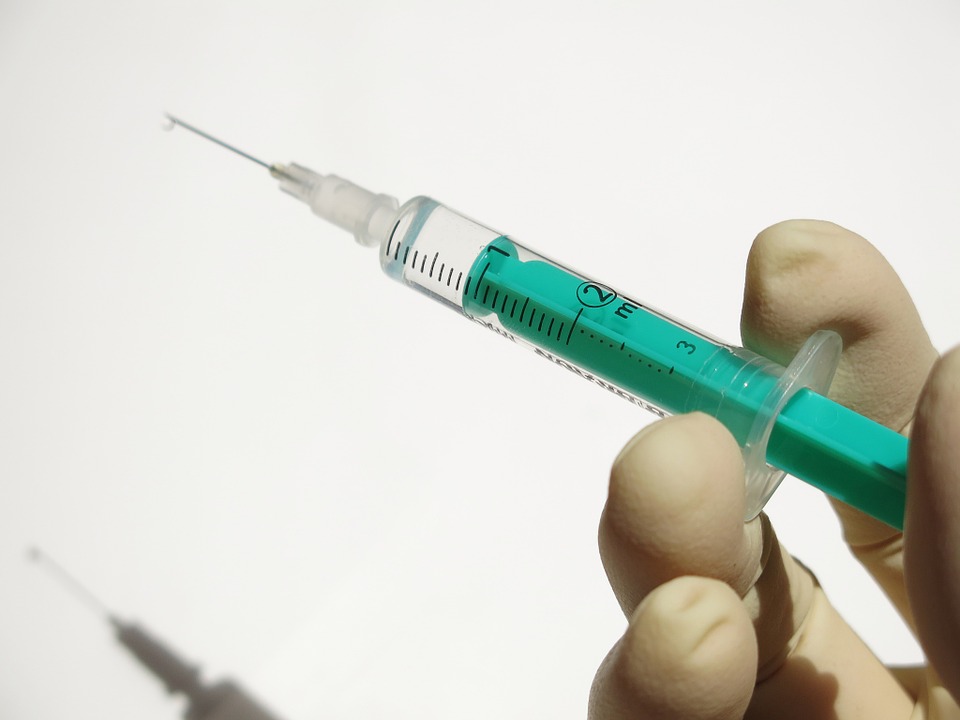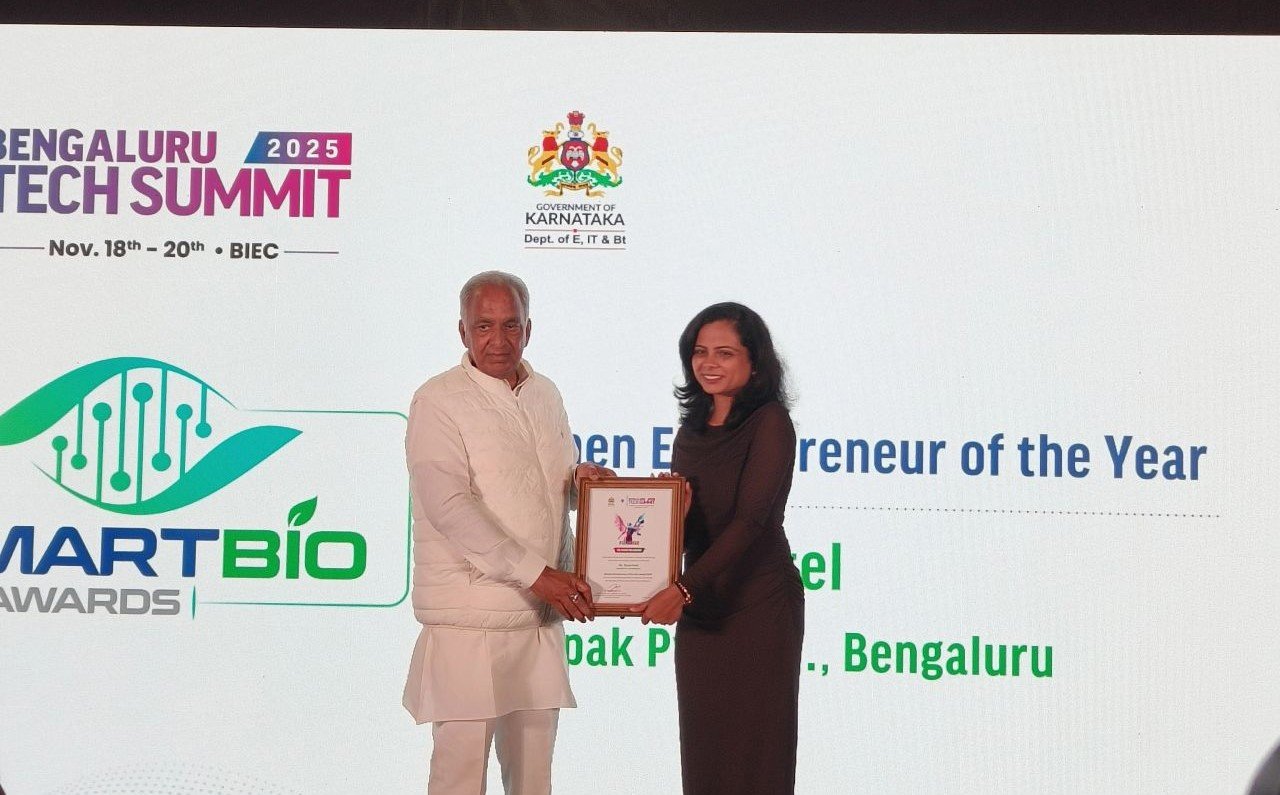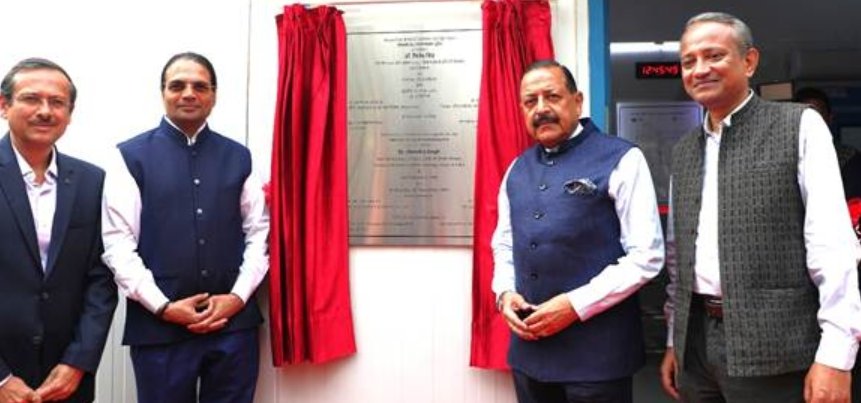WHO advises Dengvaxia to be used only in people previously infected with dengue
December 15, 2017 | Friday | News
This recommendation is based on new evidence communicated by the vaccine’s manufacturer (Sanofi Pasteur), indicating an increase in incidence of hospitalization and severe illness in vaccinated children never infected with dengue
The World Health Organization (WHO) following a consultation of the Global Advisory Committee on Vaccine Safety finds that the dengue vaccine CYD-TDV, sold under the brand name Dengvaxia, prevents disease in the majority of vaccine recipients but it should not be administered to people who have not previously been infected with dengue virus.
This recommendation is based on new evidence communicated by the vaccine’s manufacturer (Sanofi Pasteur), indicating an increase in incidence of hospitalization and severe illness in vaccinated children never infected with dengue.
The WHO Global Advisory Committee on Vaccine Safety considered the company’s new results from clinical trial data analyses. Those studies indicate that increased risk of severe dengue disease in people who have never been infected affects about 15% of the vaccinated individuals.
The magnitude of risk is in the order of about 4 out of every 1000 seronegative patients vaccinated who developed severe dengue disease during five years of observation. The risk of developing severe dengue disease in non-vaccinated individuals has been calculated as 1.7 per 1000 over the same period of observation. By contrast, for the 85% who have had dengue disease before immunization, there is a reduction of 4 cases of severe dengue per 1 000 who are vaccinated.
The possibility of risk for seronegative people was raised by WHO and published in a position paper in July 2016: “vaccination may be ineffective or may theoretically even increase the future risk of hospitalized or severe dengue illness in those who are seronegative at the time of first vaccination regardless of age."
As this risk had at that time not been seen in the age groups for which the vaccine was licensed, WHO issued a conditional recommendation, emphasizing the use of the vaccine in populations having been previously infected with dengue virus.
To minimize illness for seronegative vaccinated people, WHO recommends enhancing measures that reduce exposure to dengue infection among populations where the vaccine has already been administered. For vaccine recipients who present with clinical symptoms compatible with dengue virus infection, access to medical care should be expedited to allow for proper evaluation, identification, and management of severe forms of the disease.
CYD-TDV is a live attenuated tetravalent vaccine made using recombinant DNA technology and is administered in three phases separated by six-month intervals. It became commercially available in 2016 and is currently licensed in 19 countries.










